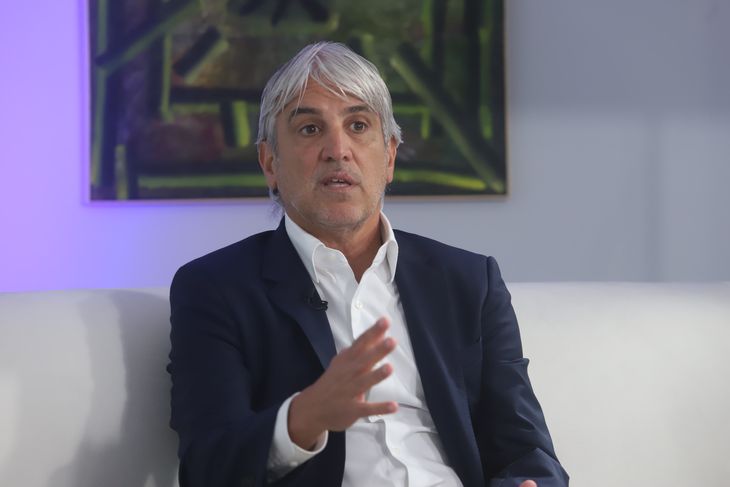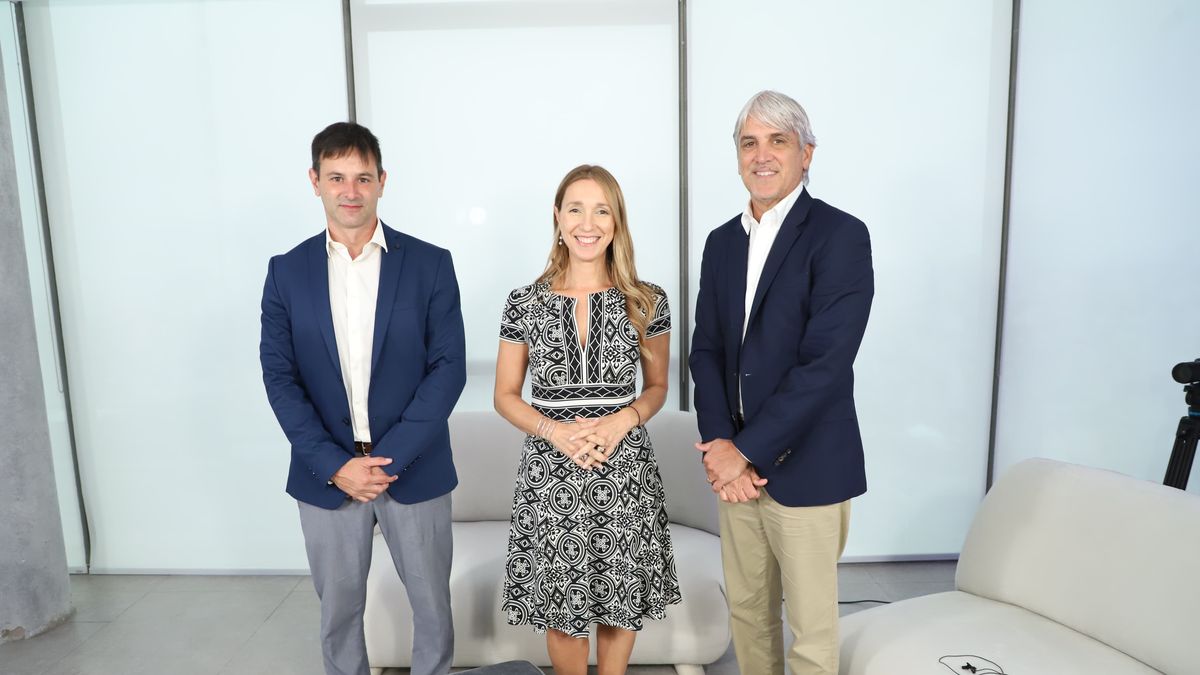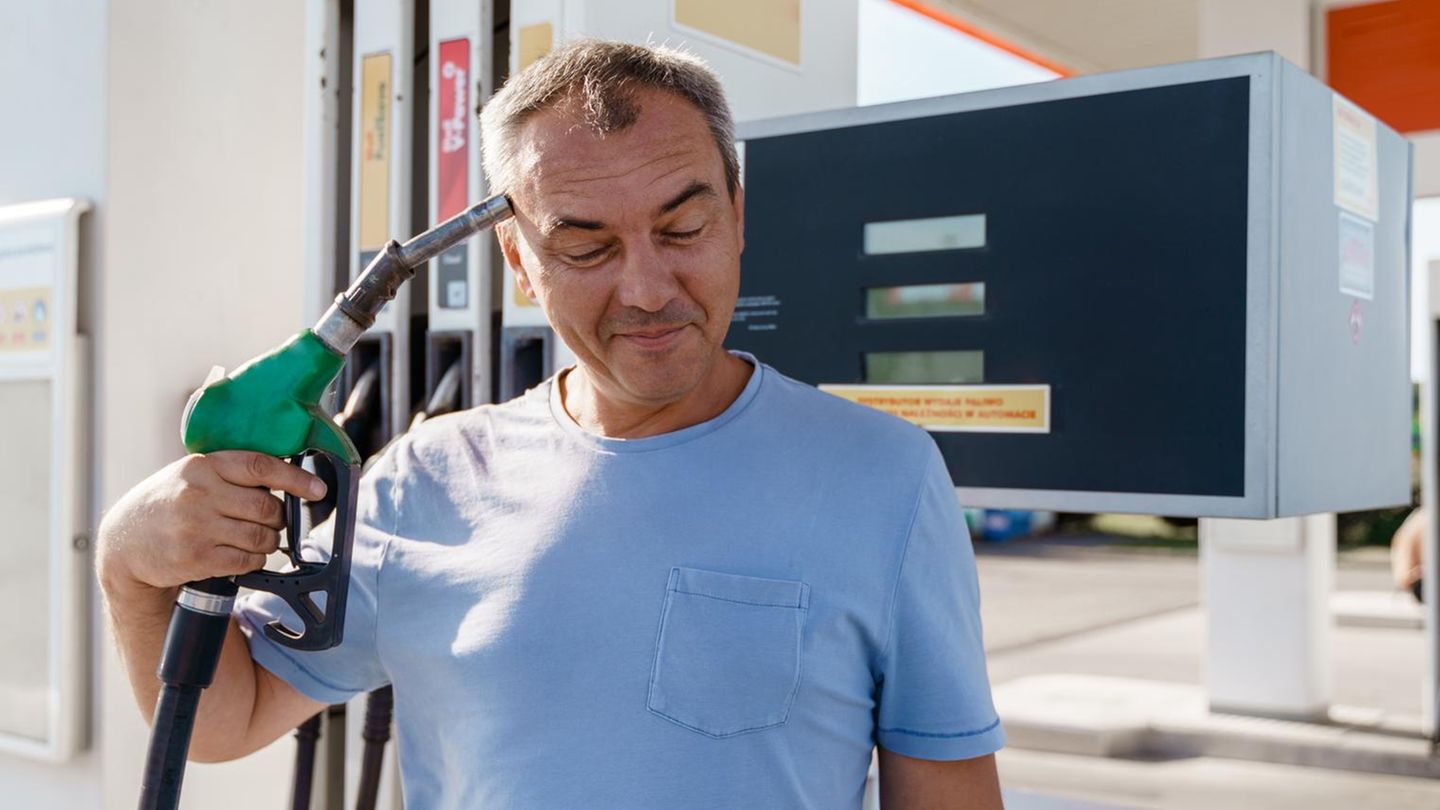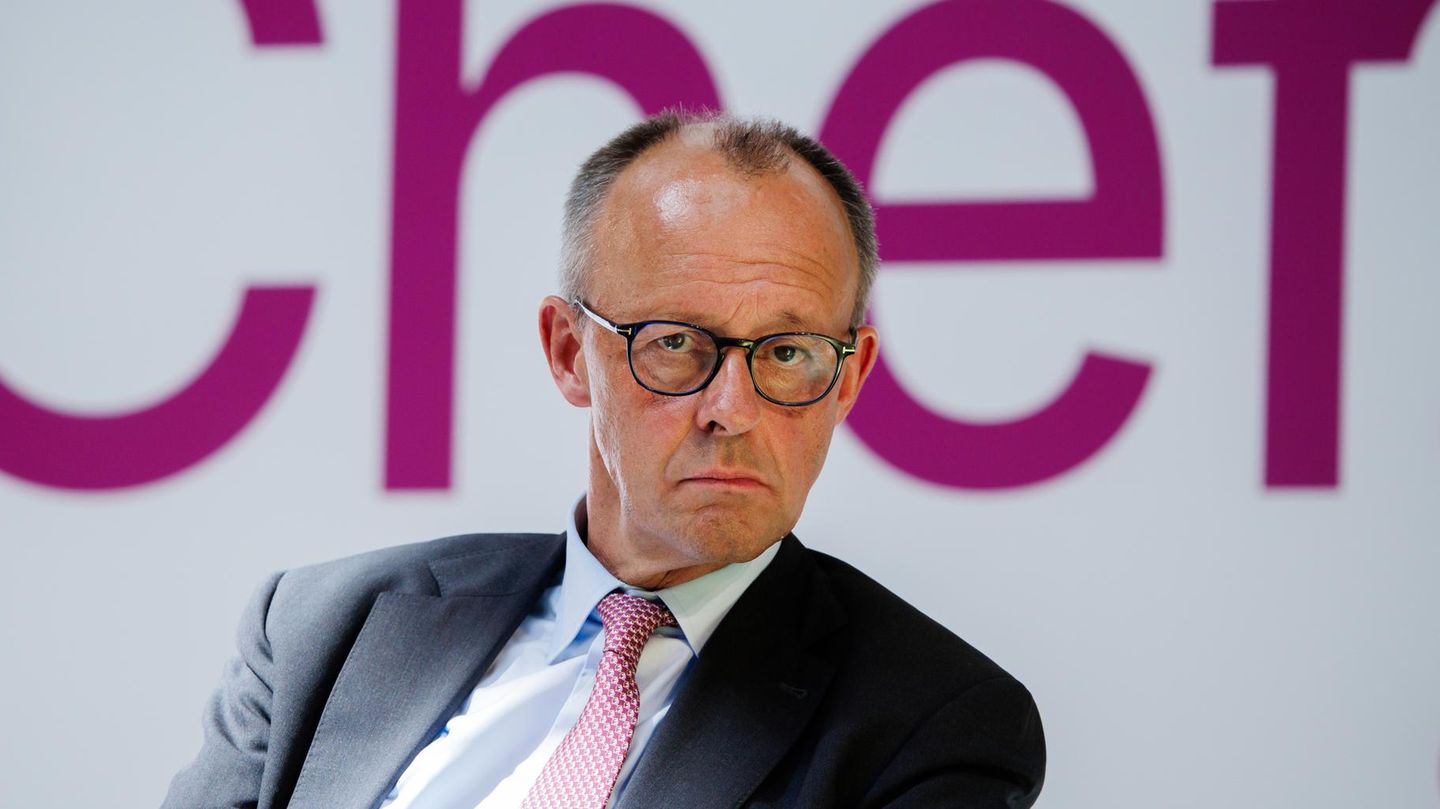In turn, De Gamboa assessed that “mass consumption suffered a lot this year and alcoholic beverages were one of the categories that suffered the most because they were not essential,” although he admitted: “It wasn’t a surprise. We expected a change of cycle because we had three very good years, between 2021 and 2023, with historical sales records. “We had been preparing for this change in trend.”
“Since fernet is such a popular product with such a high level of consumption, which is geographically transversal, by age and socioeconomic level, a situation like this affects us,” he indicated and maintained that “at this time what we do is manage the variables that we can control and those that we cannot, we cannot do much.”
“We can control what has to do with the profitability of the business, the image variables of each brand, the levels of investment and try to come out in the best position, because we are celebrating 100 years in Argentina and we have had different difficult moments, but the important thing is to continue supporting the brands and not take away investment,” he highlighted.
Vainman.jpeg
Ana Vainman, executive director of AFARTE.
Leadership in the face of a pivotal moment
When talking about the leadership of CEOs in a time of change like last year, Vainman said that the role “is to settle the differences between companies in the sector and try to find the common denominator for later.” raise questions to the different actors, such as the Executive, Legislative Branch and the province of Tierra del Fuego in my case”.
In particular, he pointed out that there were extra difficulties as a result of the change of government. “You had to establish the relationship with each of the new actors who took over and get used to a new logic and a completely different public policy”, remembered about the assumption of Javier Milei and added: “When you sit at the table, you have to adapt to changes and new contingencies.”
The AFARTE representative recalled that the electronic sector “is the main private employer and the main contributor to the treasury”, which represents “a key role at a social and economic level” and said that the changes proposed by the government “They required a series of adaptations, even technically, such as the tax aspect and foreign trade.”
Regarding his role, De Gamboa maintained that the key was to “transmit to collaborators peace of mind inside” and he stressed that “in a difficult context, we must know that this has nothing to do with management and that we will get out of this situation.”
“We have to try to control and manage the variables that we can handle. By having one of the indicators or traffic lights in red, such as volume, we have to continue taking care of others. “If you emerge stronger from a crisis in business profitability, market share or brand image attributes, when everything is put in place it is easier and you will recover faster than the rest,” stood out.
To this he added external milestones, such as the pandemic and the success of Argentine National Team. “In the pandemic, contrary to what many thought that consumption was going to drop a lot because many bars, clubs and restaurants were closed, people inside consumed more than we thought. And we were also lucky to be world champions, to win the Copa América,” he highlighted about issues that boosted sales.
Future projects
Vainman referred to the existence of “projects to grow and diversify” in Land of Fire, among which included the construction of the Port of Rio Grande, the farming of mussels and the manufacturing of food for catering to cruise ships going to Antarctica, by Newsan Food. “We have to think beyond the electronics industry and have other industries, because that has to do with having a thriving economy and offering quality employment,” he highlighted.
When asked about the opening of imports, she indicated that “the challenge is to be increasingly competitive and make productive plants more efficient, as well as integrate logistics, which has a very important weight.”
With respect to the sector of auto parts, He indicated that “it is growing because it has the virtue of being included in an export value chain” and maintained that “you change the trade balance a little because you require dollars to import the inputs, but when you can export it inside a car, that balance becomes positive.” and it is beneficial for the entire economy.”
“There is a lot to do and each company thinks about how to grow inward and think about other different things,” he summarized.
In the fernet market, expectations are also optimistic. “More than 80% of the sales volume passes through Argentina, which is by far the country where fernet is consumed the most,” De Gamboa highlighted and noted: “We inaugurated a new distiller to produce gin and we are thinking about an investment of between 10 and 15 million euros for a more efficient and faster line, because innovation is a priority.”
Another of the axes is export. “We have been breaking records for four consecutive years, selling in Argentina, Uruguay, Paraguay, Bolivia, Chile and starting this year in Brazil, with which we have many growth plans. The idea is to export the success and consumption strategy that we have here, which is fernet con cola,” he highlighted about what he considers “one of the greatest success stories that I know of in the world, because it is a massive but popular product. premium” and defined: “I think it should be among the three or five best success stories at Harvard, because it is inexplicable.”
Rafael De Gamboa.jpeg

Innovation in production and Artificial Intelligence
In the field of innovation, Vainman mentioned that “on the one hand, there is that associated with international brands such as Samsung, Motorola, Xiaomi, TCL, Hisense and RCA and other renowned venues such as BGH and Noblex”, but he considered that “it is important to implement it in the production process because it allows you to gain competitiveness.”
In that sense, he highlighted “cobots that work collaboratively with the operator, developed by engineers, doctors and kinesiologists” and clarified: “It does not replace it, but rather helps it in very repetitive tasks or that may generate some complication in the operating maneuver. For example, at BGH a robotic arm that imitates the movement of the hand by placing a transformer that goes inside the microwave.”
In turn, he defended the assembly operation in Tierra del Fuego. “The term assembly is used pejoratively, but it is the last part of the production process and perhaps the most important because it includes testing and inclusion of the software. There are countries that are dedicated to manufacturing and others to integration. It is the modern way to make processes more efficient, it also happens in the automotive industry,” he clarified.
Meanwhile, De Gamboa stated that the company “was and today is a little less dependent on Fernet” and appreciated that “in recent years we have entered stronger categories such as vodkas, vermouths and gins.”
“Now, in addition to the productive, it involves the appearance of Artificial intelligence. “We are trying to see how we can manage communication with this issue and the consumer has been changing a lot, they are not the same as they were eight years ago,” he said.
Regarding this use, he detailed: “We are doing small productions and campaigns on social networks with AI. We did one very recently where a boat passed through Puerto Madero with a giant bottle of Carpano vermouth and many people thought it was true, that it was obviously impossible.”
Regarding AI, Vainman highlighted robotics and industry 4.0 applied to production lines. “We are implementing the real time audit of international brands. They are the same brands that audit in real time from Korea, China or wherever, what is happening at that moment in the plant,” he stated.
Talent attraction and sustainability
Regarding employees, Vainman indicated that “it is always a challenge to retain talent or who manages to incorporate AI tools more quickly to enhance them” and highlighted that “there is a lot of training “of those who work and those who join.”
At the same time, De Gamboa assured that retaining talent “is a priority and we have some advantages because it is a multinational company, but familiar and with few resources in comparative terms, we can, as soon as a good idea for a product comes out, within six months “We have it on the market.”
To this he added the factor of “the priorities of young people” and compared: “Today the first or second question is how much Home Office there is. It will also be a challenge to encourage them to stay in Argentina, because today the world is more open and there is the fantasy of going to other countries.”
About the sustainability, The Fratelli Branca representative highlighted “the triple impact strategy as an absolute priority”, to take care of “the business, the people and the environment”, mentioning the agreement with YPF Light “so that the energy used in the plants is renewable”, which will reach 100%.
Likewise, Vainman highlighted that “Energy efficiency is a priority in the products we manufacture” and regarding sustainability he pointed out: “The inputs we import come in packaging and many companies are dedicated to recycling and reusing it for other purposes.”
Regarding the behavior of consumers, he admitted that “there is not such a high concern in saying what percentage of the material is recycled, but it is important that it comes from companies” and added that “it is seen with air conditioners, because one can recover with the electricity bills.”
Along these lines, De Gamboa agreed that “In more developed countries there is a greater concern, while in Argentina it is concerned, but today they are not willing to pay more.”
Future expectations
Thinking about next year, Vainman considered that “there is still a lot to grow, taking into account that the first part of 2024 was difficult” and stated: “Maintaining credit is important for durable goods and if inflation eases it is an incentive to be able to acquire goods.” which at another time gives you uncertainty.”
The Fratelli Branca representative stated that “this year it cost a little more in mass consumption, despite the fact that near the end of the year it begins to recover” and looking to the future he indicated: “To the extent that salaries begin to outpace inflation, people will allocate more to consumption.”
In any case, he clarified: “One or two months is not enough, because relative prices changed a lot. There are household expenses such as gas, electricity, transportation, social work and school, which compete against our products. So, there have to be several months to distribute in all areas.”
Source: Ambito




